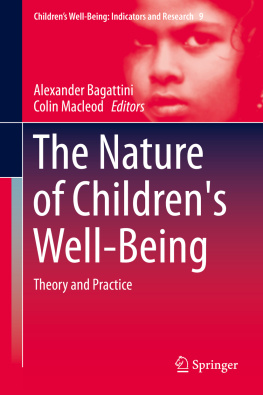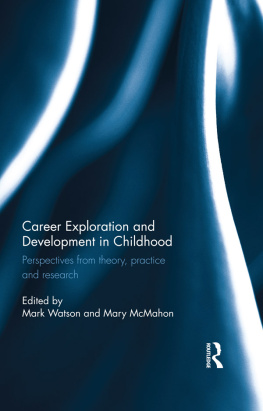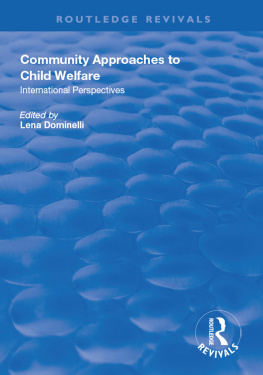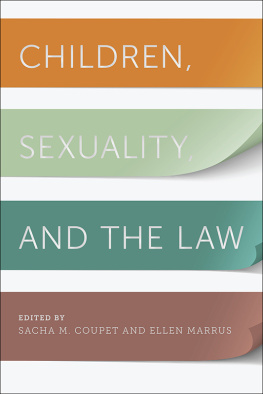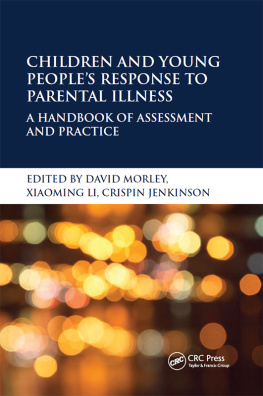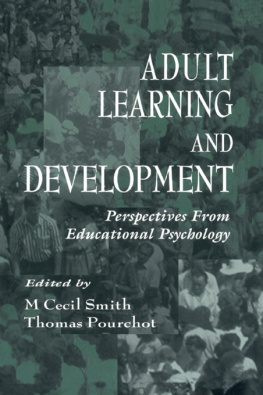1.1 Introduction
Here is a simple and brief summary of a view that should nevertheless be readily recognisable. I will entitle it the basic view. Children and adults enjoy a different moral and political status. The well-being, or interests, of both adults and children matter. Indeed, they matter equally to the extent that we should not think that age makes any difference to how we weight the interests of an individual adult and an individual child. In the famous words attributed to Jeremy Bentham by John Stuart Mill, Everybody to count for one and nobody to count for more than one (Mill : 257). All human beings are equal and are so in respect of their shared humanity. Nevertheless, there is this difference between adults and children. Adults can and should be permitted to make choices as to how they lead their lives. By contrast, children cannot and should not be permitted to make such choices. Thus adults have fundamental liberty rights, whereas children, if they do have any rights, only have basic welfare rights.
This view is of course crudely stated. Much has been written, especially in recent years, on the moral and political status of children (Archard and Macleod : Part 1). The sharply drawn contrast between adulthood and childhood has been challenged. Proper acknowledgement of what is specific and peculiar to childhood, and what follows morally as a result, has been demanded. The extent to which children lack any rights or any acknowledged capacity to make decisions has also been critically discussed. Nevertheless, the basic view exercises considerable influence. It does so not just within the domain of philosophy, but also in law and social policy. Children and adults, on this basic view, are very different from one another, and this fact should make a big and real difference to how they are treated socially, legally and politically. Since it serves well to illustrate some of the issues I will be treating, consider the case of biomedicine. Adults cannot be subjected to any medical procedure or to participation in any medical research without their informed consent. Children, by contrast, have no such status. When it comes to the question of whether or not children should undergo a medical procedure what matters is what is in their best interests.
In what follows I shall not attempt any fresh review of the basic view. Rather I shall explore what it implies for how, in the context of the distinction between adults and children, we think about the relationship between autonomy and welfare, and in particular, in consequence, for how we evaluate paternalism.
1.2 The Nature and Value of Autonomy
Let me start then by outlining another familiar view, one about the nature and value of adult autonomy. Adult human beings are autonomous or self-governing creatures. This capacity for self-rule marks humans out from other animals and is of great value. It merits the ascription to adult human beings of a certain moral status, one that is possessed equally. What further follows is that adults should be permitted, subject to certain qualifications, to make their own decisions about matters affecting only their own interests. Although it is acknowledged that adults differ in their abilities to make independent choices, and to make sensible or prudent choices, nevertheless inasmuch as all adults do have a basic capacity to choose how to lead their own lives they should be allowed the freedom to do so.
Let me now spell out what this view claims in a little more detail, and say something about how I shall understand autonomy. The ideal of autonomy here being appealed to is often attributed to Kant. Or at least Kant is cited as a key source of this ideal. However, Kantians, such as Onora ONeill, are quick to distinguish a properly Kantian ideal of moral autonomy the capacity of human beings to regulate their decisions in conformity with the moral law vouchsafed to them by their possession of reason from that of personal autonomy which is a general capacity to think about and subsequently act upon ones own desires and beliefs (ONeill ). In what follows it is the ideal of personal autonomy that is in question.
Some feminists have criticised what they regard as the individualist or atomist presuppositions of the ideal of personal autonomy. To that end they have favoured what is termed relational autonomy and stressed the importance of an individuals social and personal relations (Nedelsky ). It is unclear whether the criticism is that such relations are important as a necessary context for the acquisition and exercise of personal autonomy, or whether it is that autonomy just is to have and live within those relations. In what follows I ignore such controversy and endorse no particular view of what autonomy is or requires.
Personal autonomy is a capacity whose value lies in its exercise. The capacity is roughly one of being able in the right kind of way to think about and to revise ones beliefs and desires. What matters, then, is that humans are able to exercise that capacity in the leading of their lives. By exercising such a capacity, persons define their nature, give meaning and coherence to their lives, and take responsibility for the kind of person they are (Dworkin : 20). Of the capacity in question much more can be said, and there has been extensive discussion of what exactly it involves. It suffices to indicate here that, broadly, there are two kinds of capacity, one having to do with the ability of the individual to choose independently of others, and one having to do with the ability of the individual to choose in the light of what are genuinely her own desires and beliefs.
Why exactly is autonomy valuable and just how valuable is it? Ascribing moral and political significance to the capacity of humans to make their own choices is a product of modernity and of the Enlightenment. At bottom the idea is that individuals owe nothing to others simply in virtue of their inherited or acquired social position, and that for each of us no course of life is indicated in advance as required or predetermined. We can be, and should strive to be, the authors of our own lives.
It is contentious just how valuable autonomy is and, again, much has been written on the subject. Let me roughly sketch three possible ways in which the value of autonomy might be expressed. On the first, which we might call a transcendental valuation, the exercise of autonomy is essential or necessary if anything else is to be of value in a life. Autonomy is a precondition of individual well-being. We have reason to enhance and to develop everybodys autonomy just insofar as doing so thereby necessarily serves to increase their overall well-being (Haworth : 203). This amounts to the first view inasmuch as such endorsement must be autonomous if the constraint is to be credible.
On a second view the exercise of autonomy is instrumentally valuable. Insofar as individuals choose autonomously they choose well and what is for their own good. This is because individuals know better than others what makes their life go well. Mill appeared to endorse this view when he claimed in On Liberty that, respecting their own interests, the ordinary man or woman has means of knowledge immeasurably surpassing those that can be possessed by anyone else (Mill , Paragraph 4). Nevertheless, it is implausible to think that each and every exercise of autonomy by each and every ordinary person is always for the best. To that extent autonomy only has contingent value.

